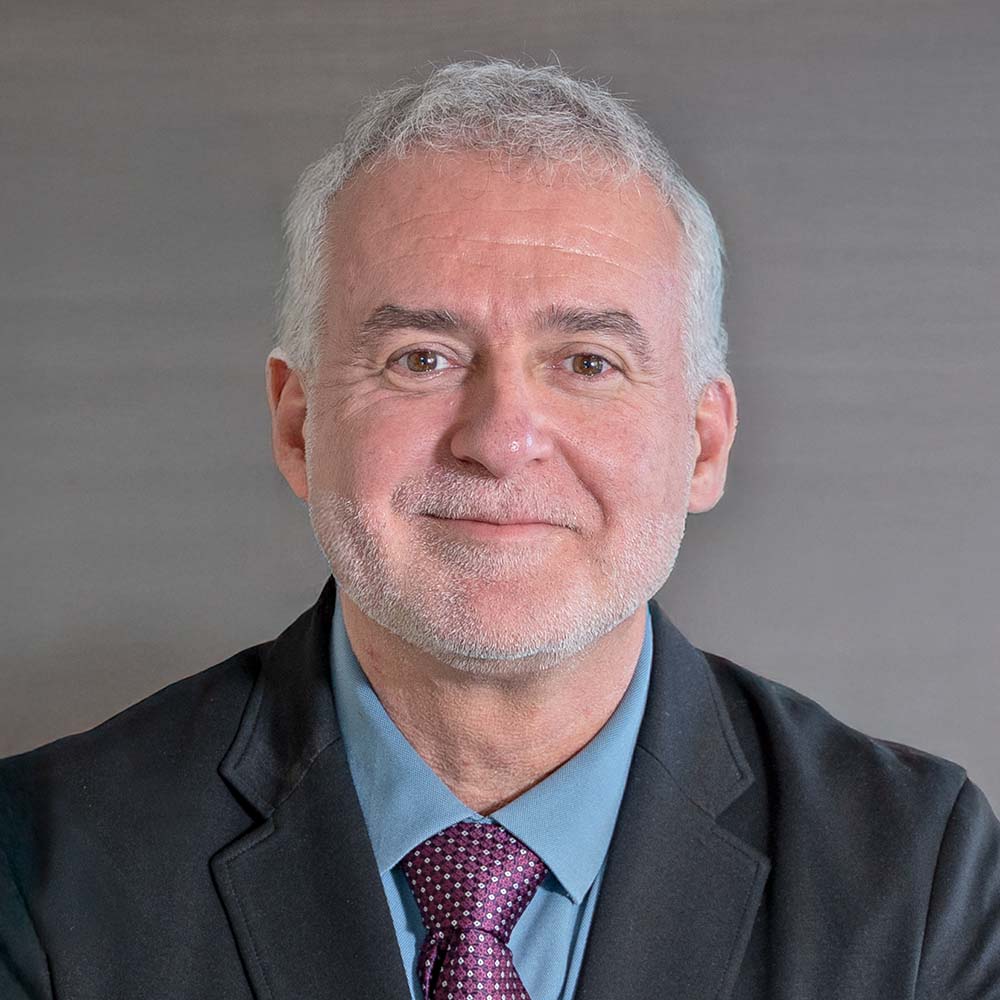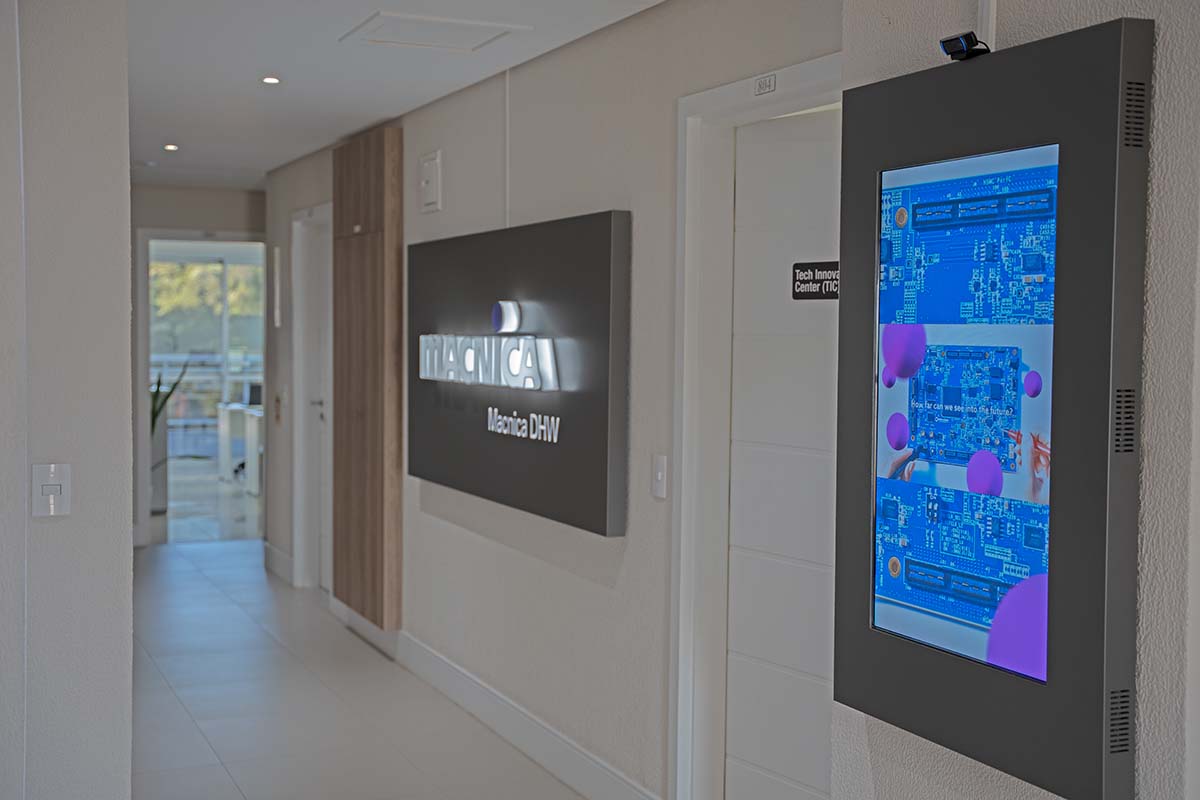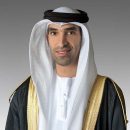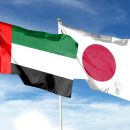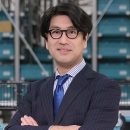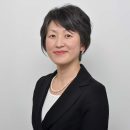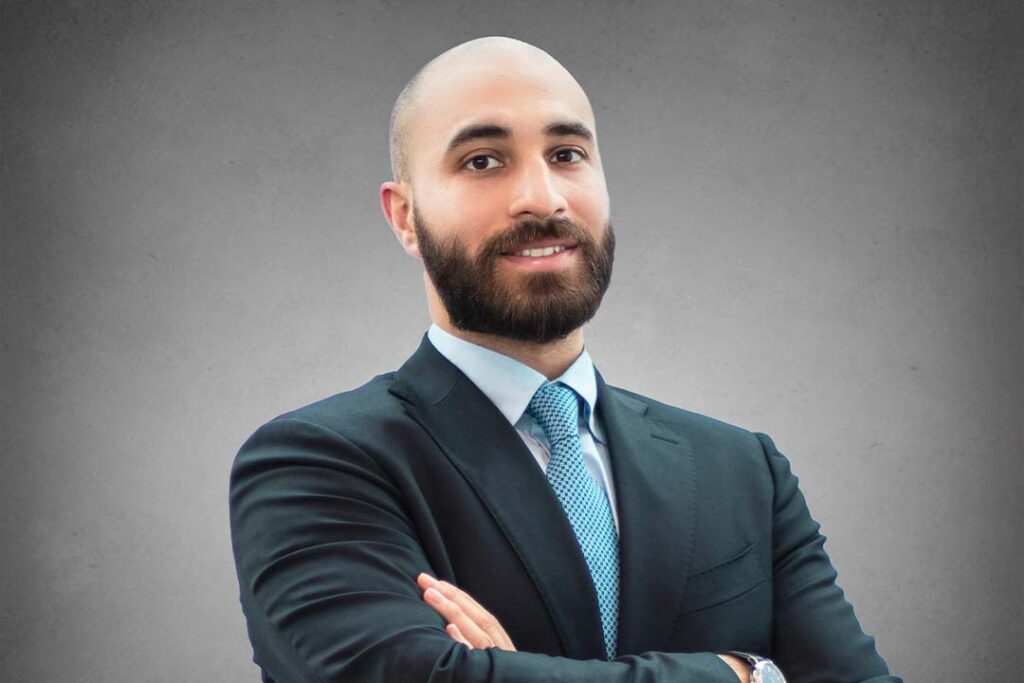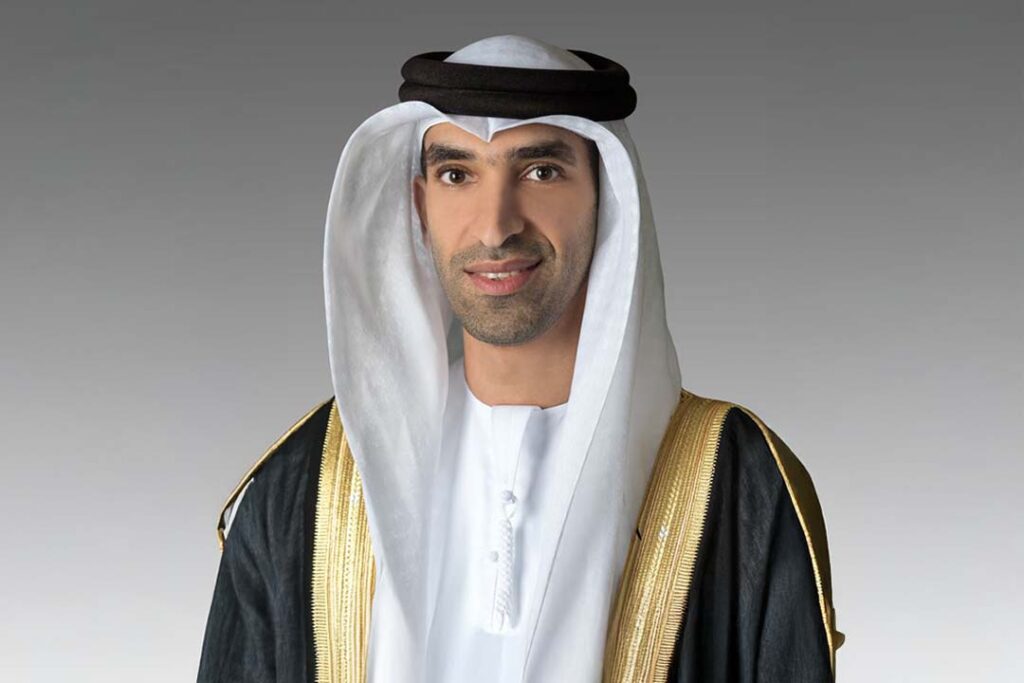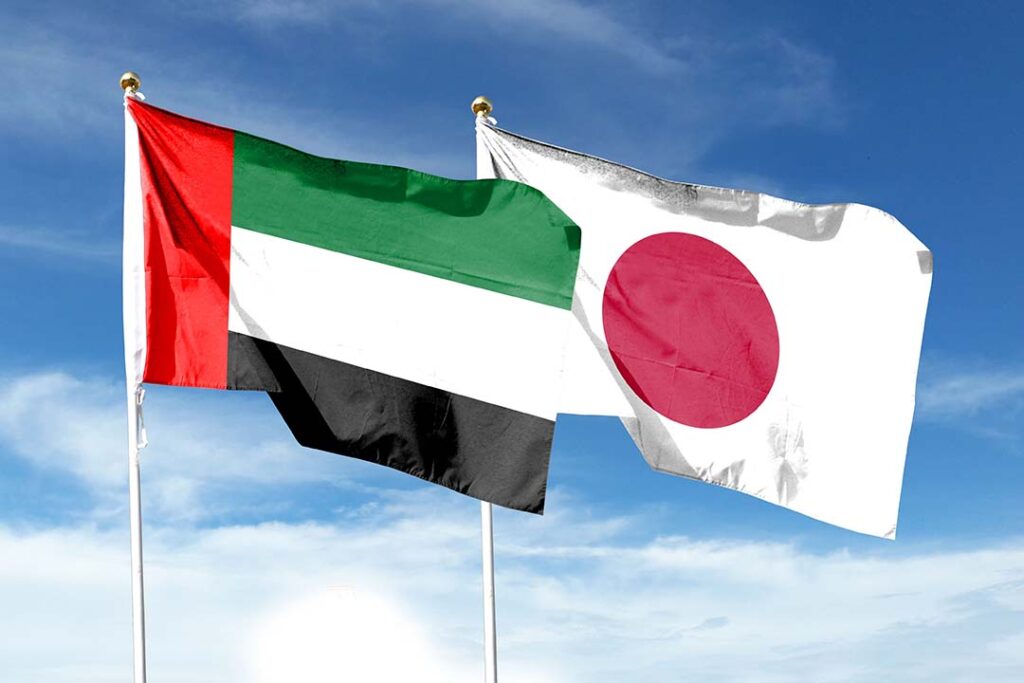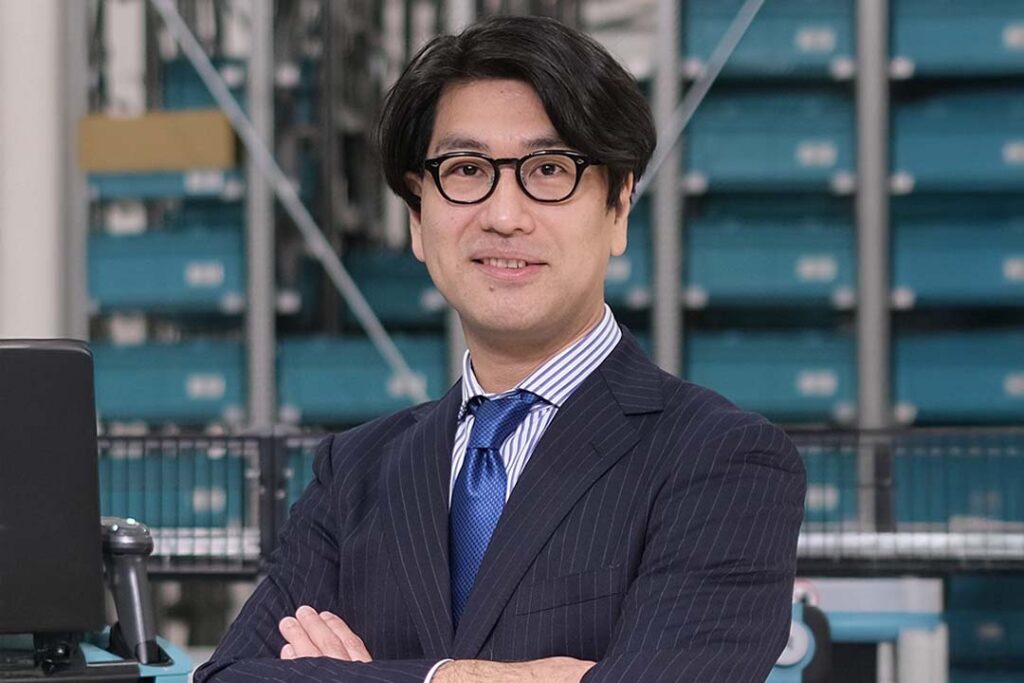When Fabio Petrassem de Sousa returned to Brazil in 2009 to found DHW Engineering, he brought with him more than a decade of international experience in hardware design and consulting. After years at Altera Corp. in the United Kingdom, he saw an opportunity to localize global expertise.
“Starting the company was moved by several reasons,” Sousa said. “But above all, I decided to take the opportunity and risk of creating a business based on my incredible learning experience I had in the U.K.”
That decision positioned DHW at the crossroads of innovation and strategic partnership. Representing leading global companies such as Altera and Maxim elevated the firm’s credibility — leading to its acquisition by Japanese technology group Macnica in 2012. “Having worked under the trust of great companies was crucial for DHW to become visible to Macnica,” he said.
The acquisition marked a turning point. With Macnica’s backing, the Brazilian company became a regional leader not only in semiconductor distribution, but also in end-to-end solutions across artificial intelligence, the Internet of Things and edge technologies.
“We became larger, more relevant and impactful in the electronics industry market,” Sousa said. “We’re expanding our role from a semiconductor distributor to a broader solutions provider — an enabler for any market that uses technology.”
We’re expanding our role from a semiconductor distributor to a broader solutions provider — an enabler for any market that uses technology.
Fabio Petrassem de Sousa, President of Macnica DHW
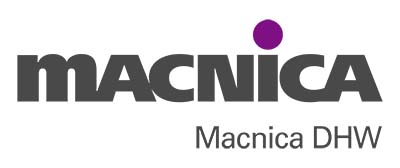
Macnica DHW now serves as Intel’s center of excellence for artificial intelligence and high-performance computing in Latin America. Its initiatives extend from smart-city applications to industrial automation and precision agriculture — supporting both corporate strategy and regional development. “We want to raise awareness of Macnica as a key player in disruptive technologies, impacting areas far beyond semiconductors,” he said.
Equally significant has been the cultural synergy between Brazil and Japan.
“In spite of all the differences, we share the same values,” Sousa said. “The whole relationship with headquarters was built on trust — there was a lot of freedom, but accountability, too. It was very rewarding to see how much our local specificities were respected, and how empowered I felt to carry on with my work — with all the support, but not with interference,” he added.
Having contributed to Macnica’s strategy in Europe and helping align operations across the Atlantic, Sousa values the company’s global cohesion.
“It’s great to embrace this diversity — territorial, cultural — and understand that each region has its strengths and challenges,” he said. “Every year we have our executive global meeting, and I can see how much Macnica has grown. It’s inspiring to meet people from all over the world, united by the same vision.”

